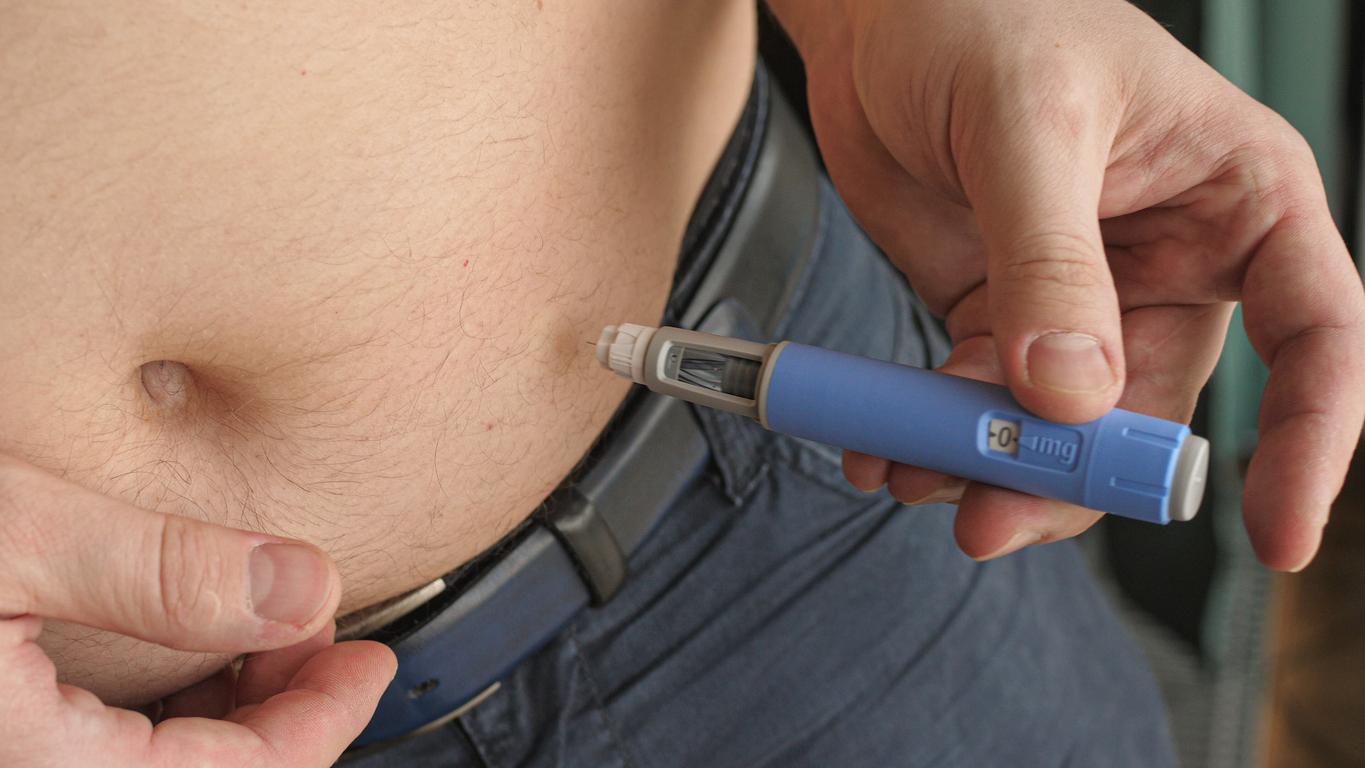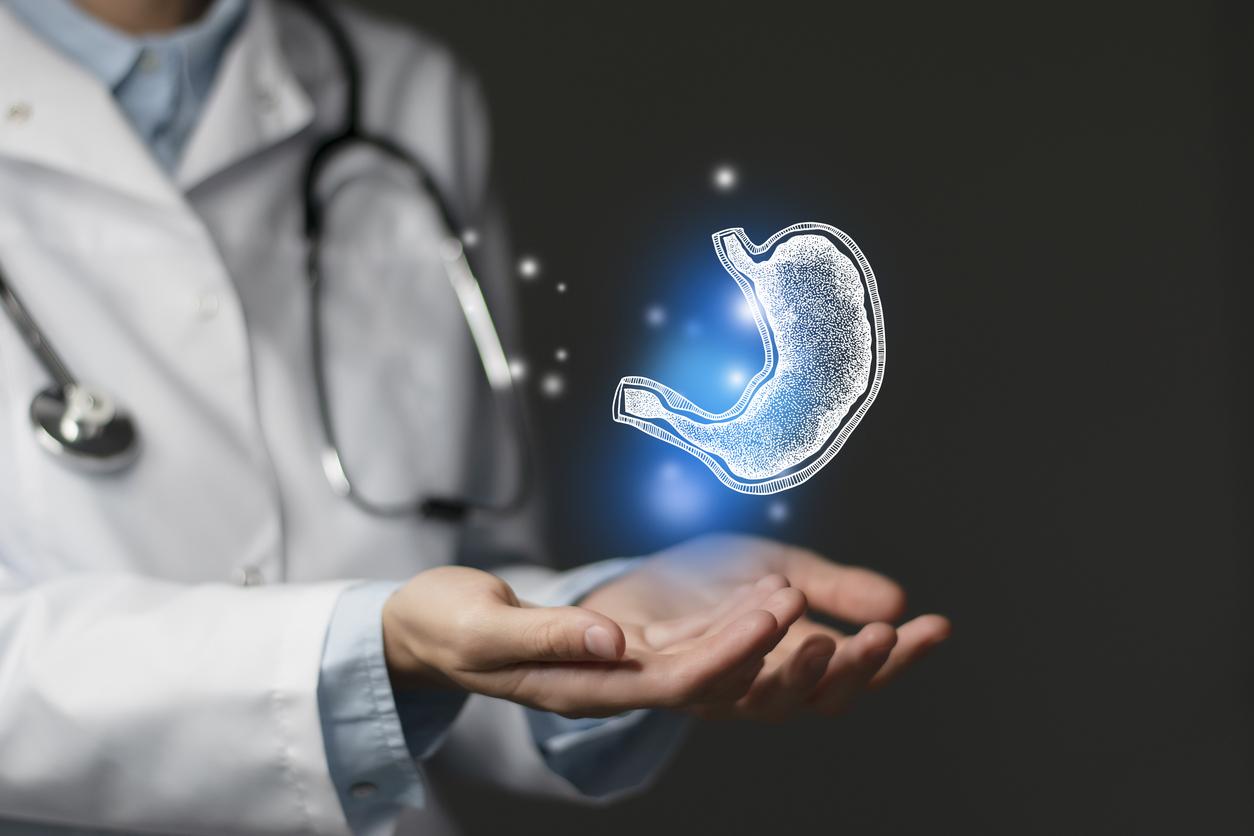
Why are we so much more attracted to French fries than to vegetables? This is the question that a team of CNRS researchers tried to answer in a study published this Tuesday, April 15, 2014 in the scientific journal Molecular Psychiatry.
The results of this study, conducted by Serge Luquet’s team from the “Functional and Adaptive Biology” Laboratory of the CNRS, reveal that certain fatty substances of nutritional origin, called triglycerides, could act directly on the reward circuit of our brain. . This same circuit is also used in the case of drug dependence. The identification of the action of these nutritional lipids on motivation and the search for pleasure is a real beacon of hope since it will make it possible to better understand and apprehend the causes of the phenomenon of obesity, which causes 2 , 8 million deaths worldwide, and certain compulsive behaviors.
While the act of eating is a natural phenomenon and essential to our survival, it is also synonymous with pleasure, a feeling that drives us to consume more. The body needs fats and sugars to obtain the energy it needs. The brain, on the other hand, only consumes glucose. So why is there at the heart of the reward mechanism an enzyme capable of breaking down triglycerides? To answer the question, the researchers conducted their research on a population of mice.
Lipids affect behavior, like hard drugs
Experience has shown that mice naturally go for foods high in fat rather than “simpler” and less rich foods. To access food, the highly motivated mice operated a small lever without any difficulty. After injecting small amounts of lipids directly into the mouse’s brain, the animal’s motivation to operate the small lever suddenly dropped, as did physical activity, which was halved. Another notable finding is that the “infused” mouse balanced its diet between foods high in fat and those that were less. According to Serge Luquet, this behavior results from the fact that the mice felt more “satisfied” after the injection.
In order to verify that it is indeed the injected lipids that modified the behavior of the mouse, the CNRS researchers succeeded in eliminating the enzyme specific for triglycerides by silencing its coding gene. As a result, the rodent regained all its motivation to go for the treats rich in fat and did not hesitate to consume, if it could, more rich foods than the average.
Obesity: a glimmer of hope in the fight against this phenomenon
Paradoxically, while obesity is often associated with behaviors of overconsumption of foods rich in sugars and fats, the levels of triglycerides circulating in the blood of an overweight person are clearly above average. ” In the event of strong and long exposures to triglycerides, the mouse always displays a locomotor activity at half mast. On the other hand, the attraction to sweets is no longer eliminated! The ideal conditions are thus met for weight gain. At sustained levels of triglycerides, the brain adapts to obtain its reward, similar to the mechanisms observed during drug consumption ” explain the researchers.
This study thus reveals for the first time that the triglycerides of nutritional origin can act like hard drugs in the brain on the circuit of the reward thus acting on the motivation and the search for pleasure in the food intake.
|
Source : |

















